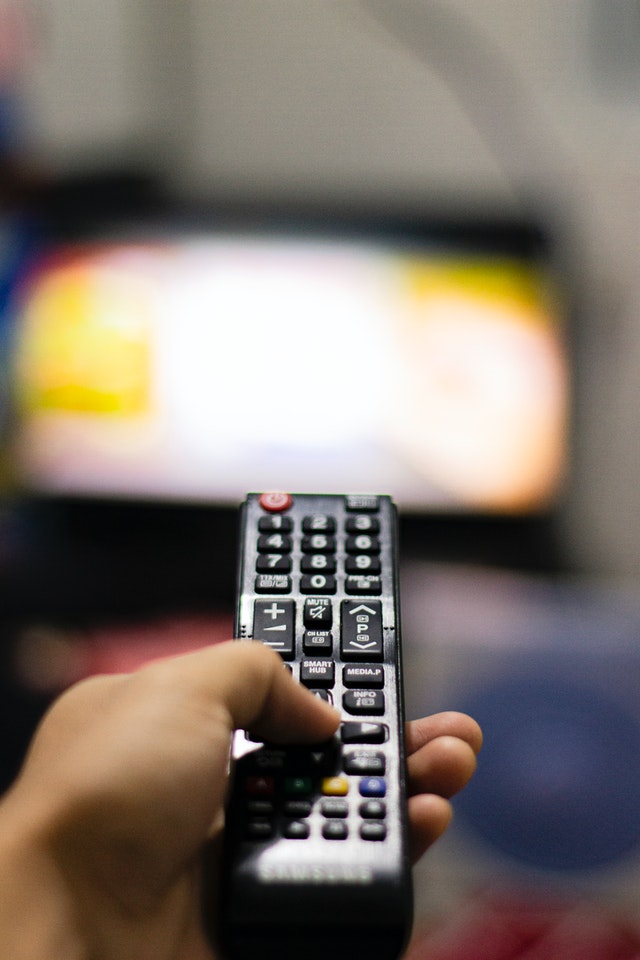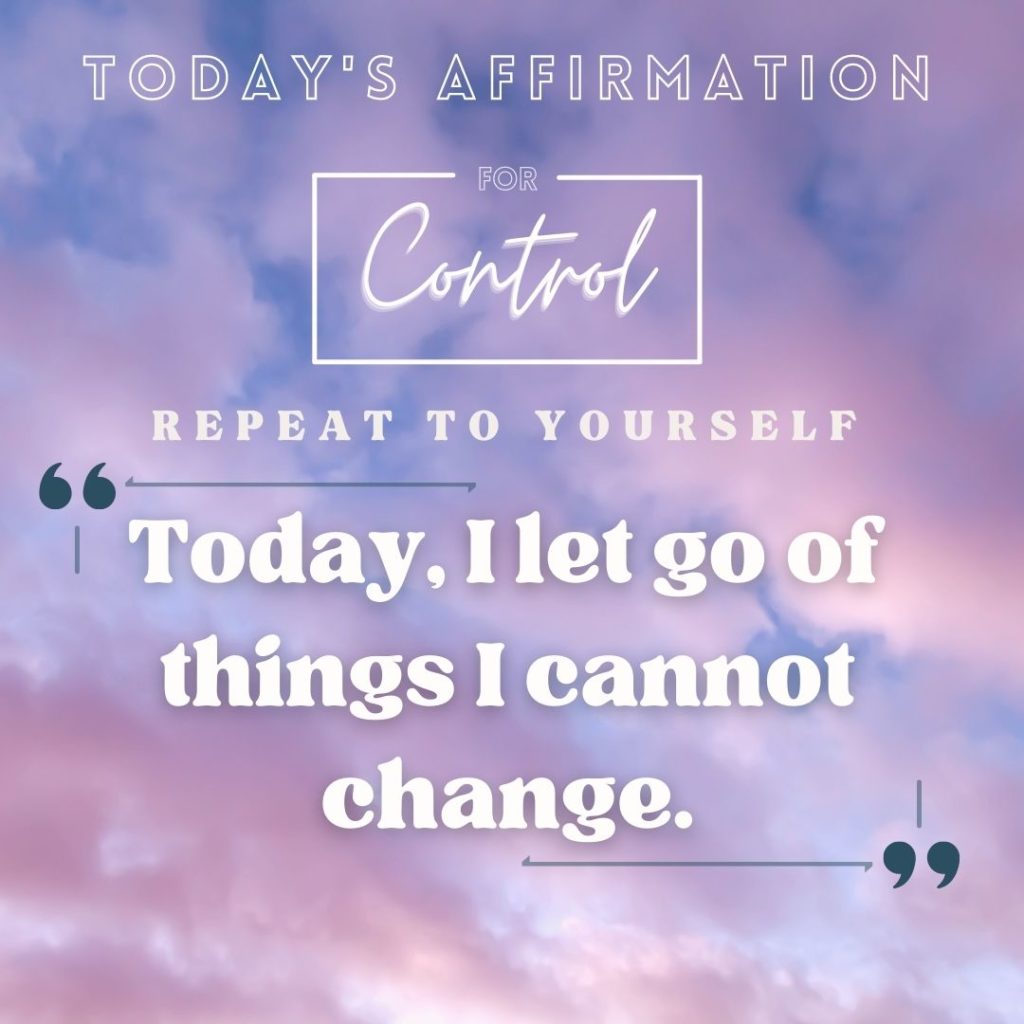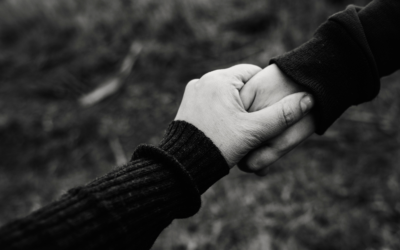This week we will be working through control issues. After developing control issues from PTSD, I became the worst car passenger. Eventually, these control issues began to seep into my everyday life. After addressing these issues and putting in the work I have been able to better manage these issues of control. If you have control issues, you too can learn the freedom in letting them go.
Disclaimer: I am not a therapist. I’m simply just sharing what has worked for me. Everybody is different. If you are feeling overwhelmed and these feelings of control are taking over your life, please talk to somebody. It could really help. ❤️
What exactly is control?
Control is defined as “exerting influence over one’s environment or the actions or behaviors of another person”.

Why do we feel the need to control?
We are all only in control of our own behaviour. Ernest Becker, an existentialist-psychoanalytic, cultural anthropologist, suggests that “attempting to control another person’s behavior is a type of neurosis, based on childhood feelings of powerlessness.”
It is also sometimes overly used by those who fear the unpredictable, have a need to prove themselves or are scared of losing control.
After a bad car crash, I dealt with PTSD and control issues. This behaviour was new to me, and I quickly realized I was terrified of letting go of control.
I began to become aware of my issues with control when I was a passenger in someone else’s car. “Not so fast! Pay attention! SLOW DOWN!” I was not a fun passenger….

Inevitably this control eventually seeped into my relationships, my day-to-day life and situations when I wasn’t fully in control.
We can develop control issues from:
- Traumatic life experiences
- A lack of trust
- Anxiety
- Fears of abandonment
- Low or damaged self-esteem
- A person’s beliefs, values, and faith
- Perfectionism and the fear of failure
- Emotional sensitivity and the fear of experiencing painful emotions
What happens when you have a strong need to control?
An incessant need for control can become absolutely overwhelming and exhausting. As a result, It created so much anxiety and unnecessary worry in my life. I was consistently kept awake at night, terrified of outcomes that were completely out of my control. And boy oh boy, this made Covid even worse than it already was. It totally affected my quality of life.
Trying to control things out of your control is like pushing water uphill with a rake. It can destroy your own state of mind and relationships with others.

A reason to stop
Who are you to tell someone how to behave. Most people don’t like being told what to do. And at the end of the day we should all have the freedom to make our own mistakes, even if they’re stupid ones. That’s how we learn!

Changing behaviour
Now, after many therapy sessions and a lot of self-work, I can confidently say that it’s possible to get better at dealing with controlling behaviour. If I’m in a situation where I don’t like how someone else is behaving, instead of trying to change their thoughts or behaviours, I change my own feelings about their behaviour.
It’s important to remember that we are all only in control of our own behaviour. The more you let go of trying to control others behaviour, the more time you have to focus on your own behaviour. And you allow yourself the opportunity to flow with reality, rather than deny reality. Being in control of yourself and your own emotions is freedom.
You create your own reality.

Replacing frustration with compassion
Something that has helped me let go of obsessive controlling behaviour is feeling compassion for the person who is frustrating me.
We truly never know how anyone else is really feeling. If they’re being nasty, negative, or not treating themselves well, these behaviours usually come from a place of hurt. Particularly, when we feel crappy, we usually project our hurt. We sometimes put others down to try and make ourselves feel better.
I’ve found that rather than adding to their hurt with judgement, showing compassion allows me to let go and move on!
















0 Comments